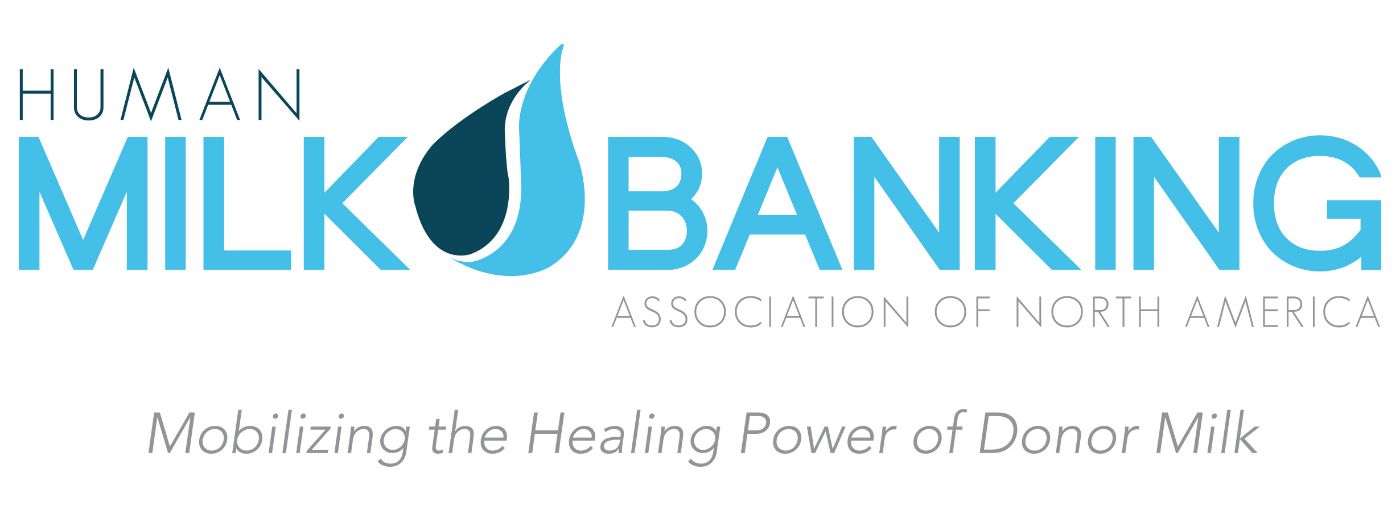Correcting the Record: Safe Handling of Expressed Milk Containers
Rebuttal of Non-Evidence-Based Recommendations for the Safe Handling of Containers of Expressed Human Milk in all Settings During the SARS-CoV-2 (COVID-19) Pandemic
April 8, 2020. In response to the unfolding COVID-19 pandemic, a recent article in the Journal of Human Lactation called for the disinfection of individual bags of raw breast milk and bottles of donor human milk in milk banking and clinical settings. This was despite statements from the US Food and Drug Administration (FDA) that foodborne exposure is not a known transmission route. It is extremely unfortunate that these recommendations were created and published without the involvement of milk banking and food safety experts.
Marinelli and Lawrence (2020) recommend that all mothers, hospitals, daycares, and milk banks around the world apply a toxic and illegal concentration of sodium hypochlorite to infant food packaging (milk storage containers). Sodium hypochlorite (bleach) is regulated as a pesticide by the United States Environmental Protection Agency (EPA). According to the EPA, “pesticide labels are legally enforceable, and all of them carry the statement: ‘It is a violation of federal law to use this product in a manner inconsistent with its labeling.’ In other words, the label is the law.”
Marinelli and Lawrence recommend “high level disinfection of 0.5% solution, 1:10 dilution (approximately 5000 ppm)” for disinfection of plastic and glass containers of human milk. In contrast, the United States Food and Drug Administration (FDA) has established the maximum allowable limit for ANY FOOD CONTACT ITEM at 200 ppm (FDA, 2020). The authors’ recommendation exceeds the FDA’s legal limit for food manufacturers, which warrants an immediate retraction of this article.
HMBANA urges JHL and the authors to retract this statement, given violations of food manufacturing safety laws that could put vulnerable infants at additional risk. There are numerous other reasons to redact this publication, including lack of evidence of transmission through human milk and the long-term public health damage that may be done by positioning human milk as “risky.” HMBANA will continue to publish updated guidelines regarding safe processing of pasteurized donor human milk as evidence about COVID-19 continues to emerge.
A PDF version of this statement is available here.

